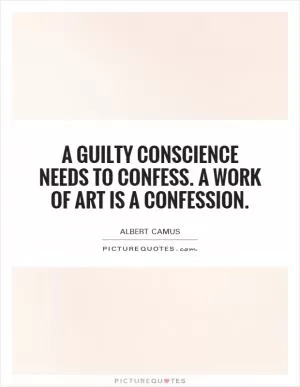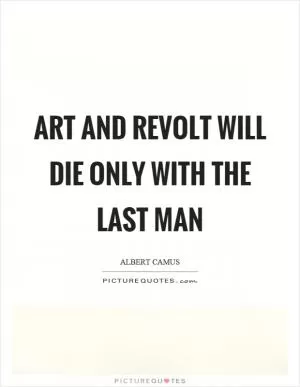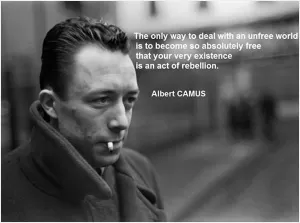To insure the adoration of a theorem for any length of time, faith is not enough, a police force is needed as well

To insure the adoration of a theorem for any length of time, faith is not enough, a police force is needed as well
Albert Camus, the renowned French philosopher and author, is often associated with existentialism and the concept of the absurd. His works explore the human condition and the search for meaning in a seemingly indifferent universe. In this context, the quote “To insure the adoration of a theorem for any length of time, faith is not enough, a police force is needed as well” can be interpreted as a commentary on the nature of belief and the role of authority in shaping our understanding of truth.Camus was critical of blind faith and the tendency of individuals to cling to rigid ideologies or dogmas without questioning them. He believed that true understanding and appreciation of a concept or idea required more than just faith – it required critical thinking, skepticism, and a willingness to challenge established beliefs. In the absence of these qualities, he argued, a “police force” – a metaphor for authority or coercion – would be necessary to enforce adherence to a particular belief system.
This idea can be seen in Camus’ own philosophical approach, which emphasizes the importance of individual freedom and autonomy. He believed that true authenticity and integrity could only be achieved through a process of self-examination and self-discovery, rather than through blind adherence to external authorities or institutions. In this sense, the “police force” could be seen as a symbol of the oppressive forces that seek to control and manipulate individuals, preventing them from thinking for themselves and questioning the status quo.
At the same time, Camus recognized the power of belief and the role it plays in shaping our perceptions of reality. He understood that faith – whether in a religious doctrine, a political ideology, or a scientific theory – can be a powerful force that motivates and inspires individuals to action. However, he also warned against the dangers of fanaticism and the tendency of belief to become dogma, stifling creativity and critical thinking.












 Friendship Quotes
Friendship Quotes Love Quotes
Love Quotes Life Quotes
Life Quotes Funny Quotes
Funny Quotes Motivational Quotes
Motivational Quotes Inspirational Quotes
Inspirational Quotes